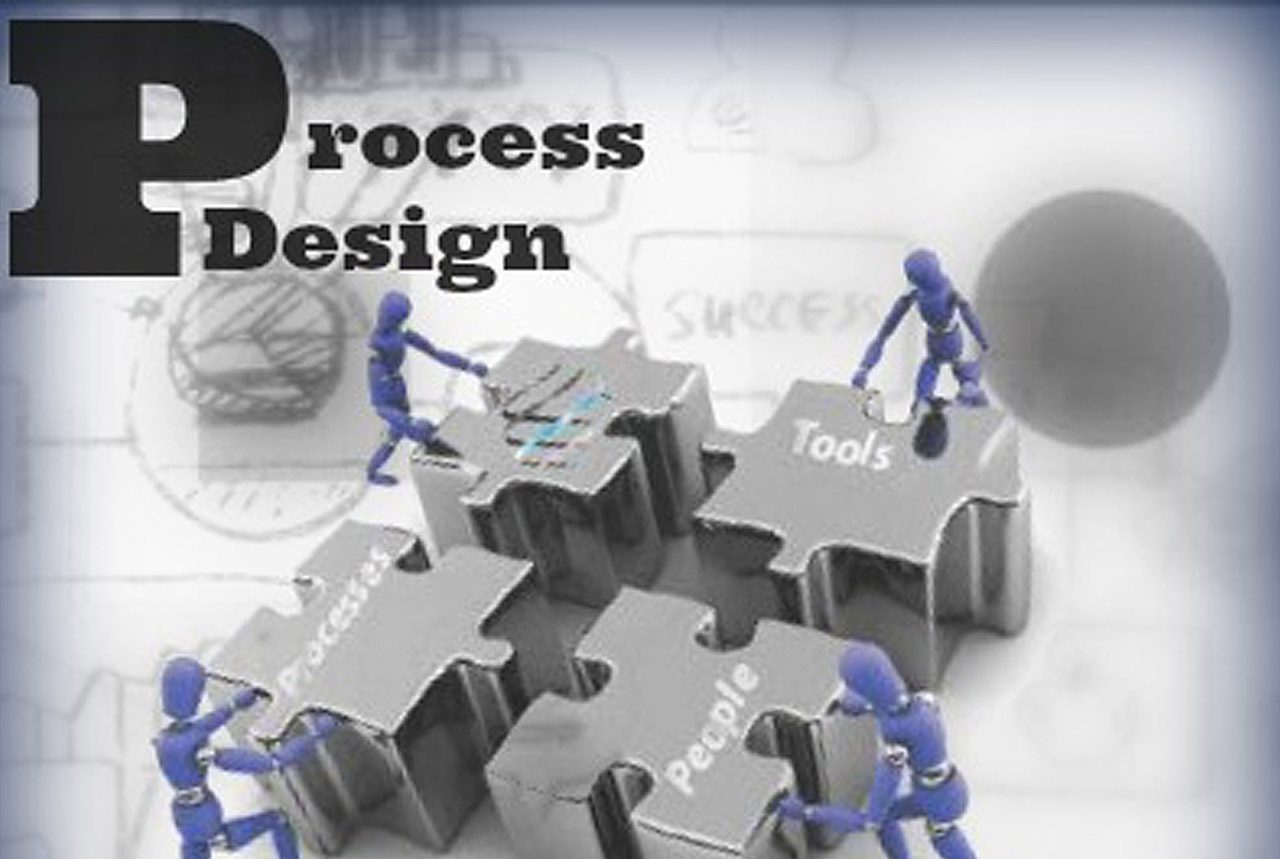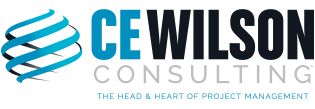Project management is more than just a beneficial skill; it’s a core competency that benefits…

Using Skilled Project Managers to Implement Process Design
You’ve seen home redesign shows on television. The ones where a couple is looking to redesign their master bedroom and don’t know where to begin. You’re introduced to the infamous Project Manager assigned or chosen to guide the couple through their design process. Often times you see frustration from the homeowners: things are moving too slow, costing too much, or requires structural changes that they hadn’t originally planned for. The Project Manager always remains calm, constantly reassuring them of what needs to be done to get through the process. During the big reveal at the end of the show, the couple ahh’s over the final amazing design of their new remodel. The couples apologize for not trusting the process, for doubting that things would work out, and for being resistant to the hours and hours it took them to choose floor tile and paint colors.
Now, instead of a bedroom remodel, imagine your redesigning your business process. Perhaps you need to change the way you perform your hiring or the way you orient new workers into your organization. You have an idea of what’s wrong and perhaps what the process should look like, but you may be challenged in knowing how to get there. A skilled project manager can help you implement a design for your business. Yes, there will be the resistance to change and the team members who will fight every step of the way insisting things are fine just the way they are, but a project manager can help the team through the process and into the big reveal.
Using Skilled Project Managers to Implement Process Design
Implementing a new, more efficient design of your business practices and core operations is more than just a good idea; it’s imperative if you want to remain viable, competitive and relevant in our ever-changing business environment. A professional project management service is the most effective resource to guide your business through the complexity of implementing a new process design.
Here are the benefits of using a skilled project manager for your next design project:
Change Management Planning – Many design implementations are unsuccessful due to a failure to consider the impact on how work gets done. Not only will processes and policies change, so might the roles and responsibilities of your people. A good project manager fully understands this aspect of implementation and will create a change management plan that includes the right people, tools and strategies to ensure a smooth transition. It is important to remember that people are your best asset and they MUST be involved in analyzing and providing input into the process design.
Process Mapping – Before defining where you’re going you should first understand where you are. Your project manager will help your team document the current or As-Is state of your process. This is often done in flow chart diagrams and step-by-step process flow documents. Then they will lead you through the process of defining requirements for the future or To-Be state. Getting to this ideal state takes lots of probing, discovery and interviews throughout the impacted organization. Many organizations fail to provide the detail analysis required to design a robust process causing frustration, additional costs, and organizational resistance. Just remember, implementing a bad process can sometimes be worse than implementing no process at all. Be patient and allow the process to take shape. Just like the couple in the redesign, sometimes there are structural changes that become evident only after the floors have been dug up.
Process Monitoring – The importance of process monitoring and measurement cannot be overstated. Your project manager should facilitate testing and monitoring so that improvements can be identified, incorporated, and measured to determine its effectiveness. For ongoing monitoring, a project manager can help you develop methodologies to measure process effectiveness, proactively and consistently once implemented.
Training – For cost conscious organizations, it’s so easy to underestimate the value of training during a design implementation. The thinking is that this is a good way to cut costs; however, doing so will cost more in the long run in the form of lower morale, lost productivity and unhappy customers. Training isn’t just about developing individual skills; it’s about building organizational capacity and readiness. Without trained, talented people, even the most efficient process design will fail to deliver desired results. We recommend a rigorous training initiative to ensure that your people are equipped and qualified to use the new tools. As a tip, your project management pro should have experience in the areas of training plan development, coordination and skills gap analyses.
Mix of Best Practice and Creativity – As masters of best practice methodologies, the most successful project managers use their creativity to recommend a design implementation strategy that is customized for your business. A customized solution ensures that you avoid common pitfalls such as creating more tasks and sub-processes than your business can handle.
Inclusion of Your People – Business process implementation often overlooks people in favor of focusing solely on costs. When implementing a new design we focus first on your people, then processes and systems. Understanding who needs to be involved is a very critical part of your design efforts. A project manager will help you identify a stakeholder register so that its clear who is involved and their role. Don’t forget to include your business-facing team members as well as your IT team members. Do not design in silo.
As a final thought, don’t forget to celebrate the success. When your staff have put in a significant amount of time and energy to help roll out the implementation on time and within budget, and have cleared away wasteful processes, it’s important to acknowledge and appreciate their efforts with a fun celebratory activity!
Check out other blog posts in our Business Process Design Series:
Designing a Process Before Implementing a Tool
Looking for Inefficiencies In Your Business
Engage Your Workforce In Designing A Process Solution
Chrystal Richardson is Managing Partner of CE Wilson Consulting, a project management and business efficiency consulting firm that has managed projects for technology, mining, medical and manufacturing clients since 2001.




